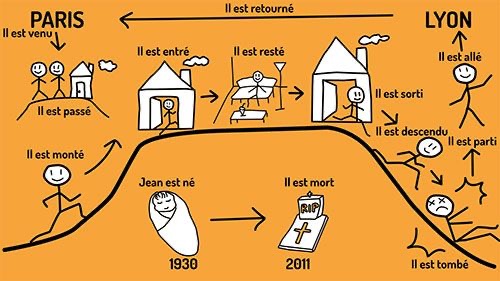Introduce yourself – Dialogue :
A: What’s your name?
L: My name is L and yours? What’s your name?
R: My name is R. How old are you?
L: I’m thirty-one. What about you? How old are you?
A: I’m 64 years old. Do you have any children?
L: Yes, I have a son, his name is N. Do you have any children?
A :Yes, I have two children, Erekle, he’s thirty-two, and Papuna, he’s twenty-nine. Are you married?
L: Yes, I’m married to E. Are you married?
A: Yes, my wife’s name is Tsitsino, and she’s fifty-seven years old. What do you do for a living?
L: I work in construction, I’m a bricklayer. What about you? What do you do for a living?
A: I’m an economist. I’m not retired yet, but I will be next year, when I turn 65. I’ll be getting a big pension from Georgia, almost €100 a month! (Ironic)
I work in construction, I work in the building trade. I’m a bricklayer, drywaller, electrician, plumber, painter …
I’m a cook.
How many DE
How long, how much sugar in your coffee? how many markers in the box, how many children do you have? How many chairs are there in the classroom?
The verb “to call
My name is…, your nameis…, his name is…
In French, we call ourselves “soi-même”, a reflexive turn of phrase. It’s not other people who call me that, it’s me!
On the board, conjugate the verbs to be and to have :
Be
I am
You are
He/she is
We are
You are
They are
Have
I have
You have
He/she has
We have
You have
They have
The passé composé: how do you know whether to use the auxiliary “être” or “avoir”?
1 – Most of the time, it’s with “have”.
I ate a rachapuri
I read a book
I watered the flowers
When there is a COD (Direct Object Complement) it is to have :
I walked the dog
I took the car out
2 – In some cases, the auxiliary “to be” is used:

And with reflexive verbs
I bathed
I went for a walk
Note – with the same verb you must use either “to be” or “to have” depending on the sentence:
- I went for a walk (reflexive – to be)
- I walked the dog (COD – to have)
Next class Tuesday 11/10 at 3pm
